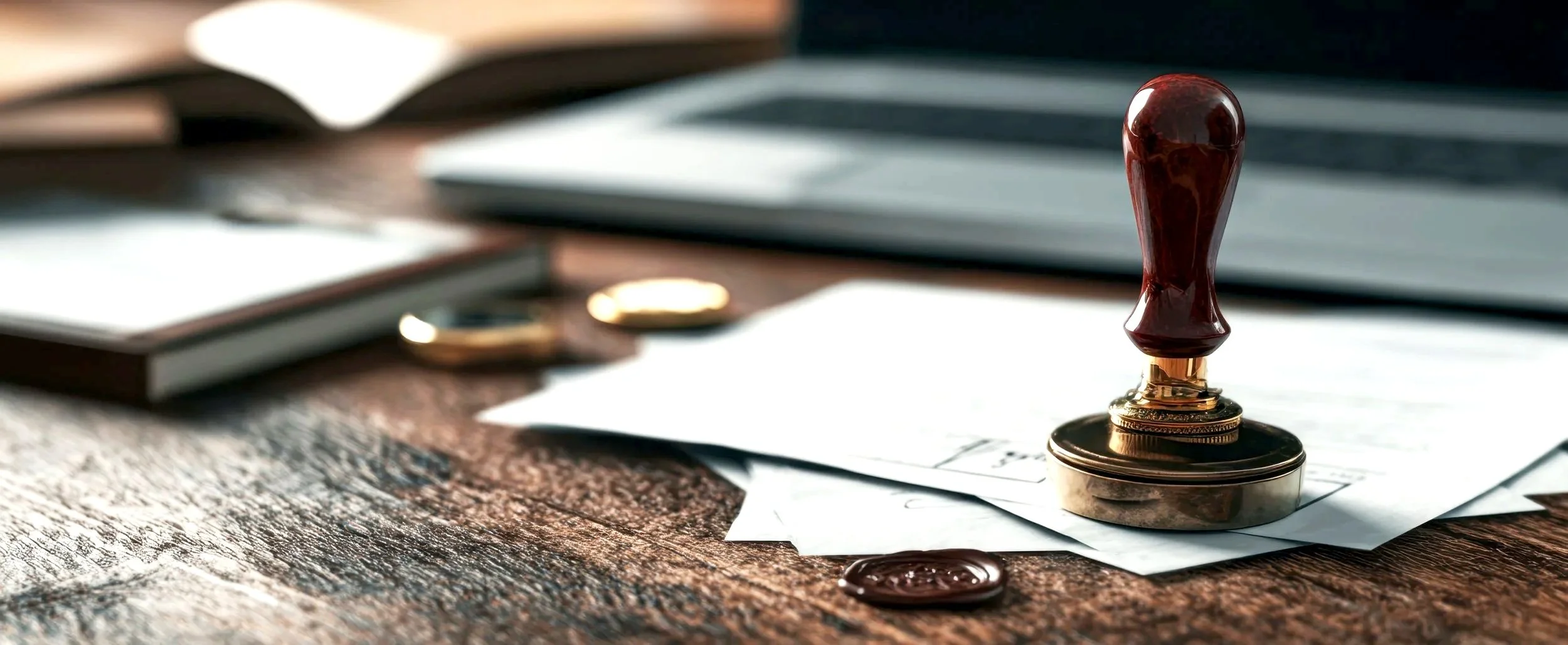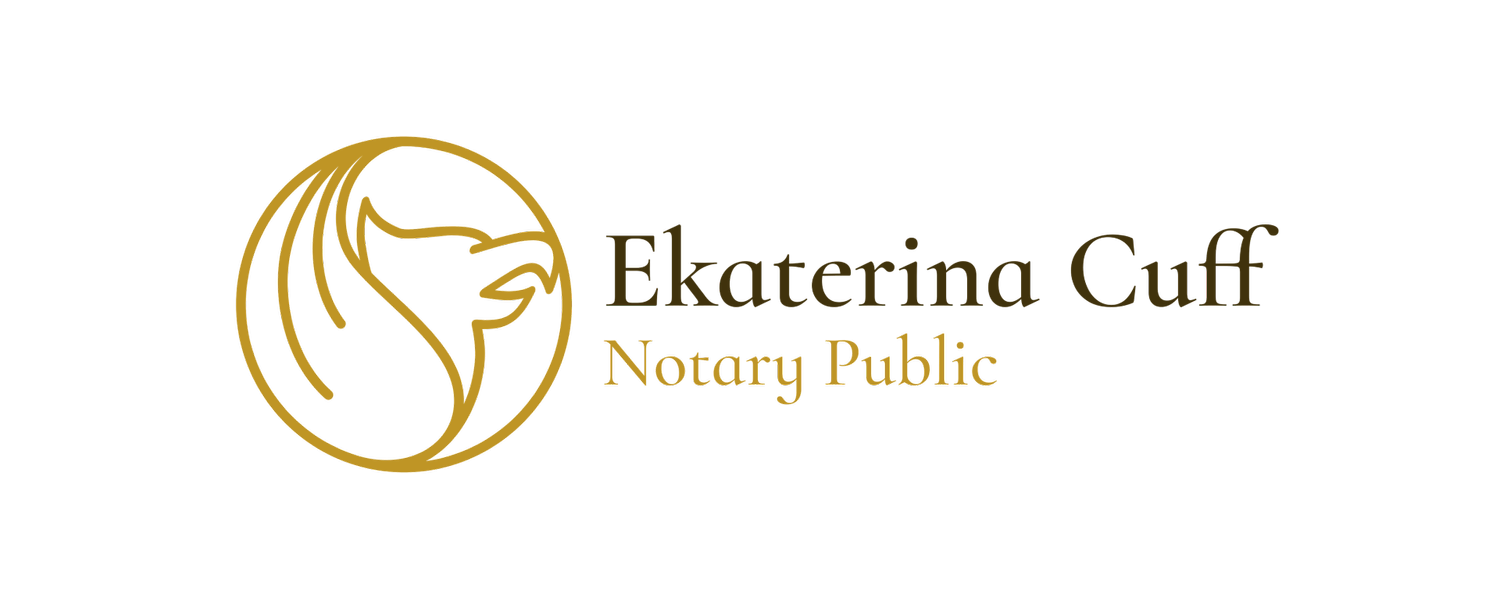
Frequently Asked Questions
What is a Notary Public?
In England and Wales, a Notary Public is a legally qualified and regulated professional appointed by the Faculty Office of the Archbishop of Canterbury. A notary’s role is to authenticate documents and facts for use abroad. This includes verifying identities, witnessing signatures, and certifying deeds and other papers. Notaries act independently and impartially, and their notarial acts are internationally recognised.
Why is notarisation important?
Notarisation is more than just adding a stamp — it involves careful verification to protect you and ensure your documents are accepted abroad. A notary’s duty involves a high standard of care, not only towards the client but also to governments, officials and others who may rely on the document. Those relying on a notarised document are entitled to assume that full compliance with the law has been ensured, both in England and abroad. This duty helps prevent errors, fraud, and misuse of identity, ensuring your documents are accepted internationally.
What documents do I need to bring?
For all appointments, you must produce original identification documents:
Primary identification: Current passport; or if not available, a current UK photocard driving licence or national identity card.
Proof of address: A UK photocard driving licence (if not already used as ID); a utility bill, credit card or bank statement (posted, not more than 3 months old); or a current council tax bill.
Additional evidence (if required): Foreign identity card; marriage certificates or other civil documents if specifically requested.
What if I am signing on behalf of a company or organisation?
If you are signing on behalf of a company, partnership, charity, club or other body, additional requirements apply.
At a minimum:
Identity evidence for the authorised signatory
A copy of the organisation’s current letterhead (showing registered office if a company)
A Letter of Authority, Minute, Resolution, or Power of Attorney authorising you to sign
For companies, you may also need:
Certificate of Incorporation and any Certificate of Change of Name
Memorandum and Articles of Association
Details of Directors and Secretaries (company searches will also be carried out, which may affect fees)
For partnerships, clubs, trusts, etc:
Partnership Agreement, Trust Deed, Charter, or Constitution/Rules
Can I send documents before the appointment?
To save time, reduce expense and minimise the risk of errors, please send clear scanned copies of the following in advance, where possible:
The documents to be notarised
Any covering letters or instructions you have received
Your identification documents (e.g. passport and proof of address)
Please note: I will need to inspect the originals of all relevant documents and your identification at the appointment.
Do you advise on the content of the document?
I will advise you on the formalities required to complete your document correctly and can explain what is usually required for it to be accepted abroad. However, I do not advise on the merits of the underlying transaction itself. If you require legal advice on the content or effect of the transaction, you should consult a solicitor.
Do you assist with apostilles or consular legalisation?
Yes. Where required, I can arrange for an apostille from the Foreign, Commonwealth & Development Office (FCDO) and assist with consular legalisation, ensuring your documents are correctly processed for use abroad.
How can I get a birth, marriage or death certificate?
Official copies of these certificates are issued only by the General Register Office (GRO). You can order certified copies directly through the GRO. If you need to use such a certificate abroad, it can usually be apostilled by the FCDO directly.
How do I book an appointment?
All appointments are by prior arrangement only. Please email with brief details of the document(s) to be notarised and the country they are intended for. I will review the information, confirm whether I can assist, and arrange a suitable appointment time. I offer flexible appointment times to suit clients’ needs.
Original documents will need to be inspected at the appointment.
